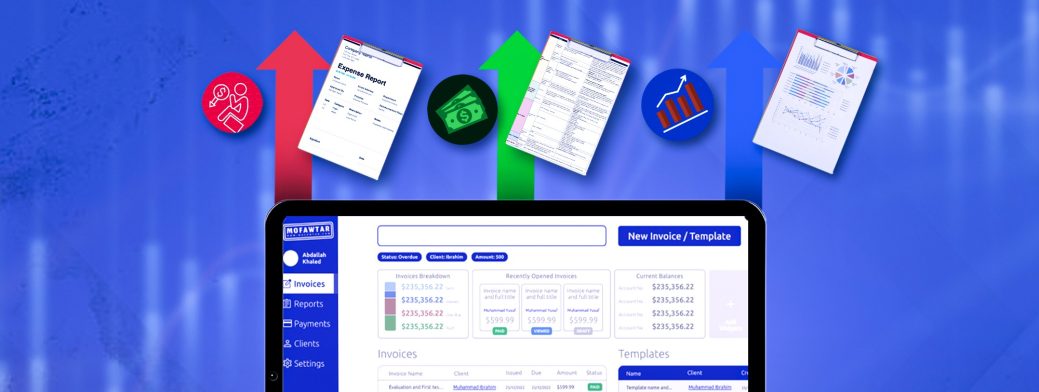The comprehensive wage system is a vital regulatory framework aimed at improving the relationship between employees and employers while ensuring the rights of all parties. Below are the most frequently asked questions about this system and their answers:
1. What is a Comprehensive Wage?
A comprehensive wage is the total amount an employee receives for their work, including:
- Basic salary.
- Allowances and incentives.
- Bonuses and other additions.
It serves as the basis for calculating employee entitlements such as social insurance contributions and leave benefits.
2. What is the difference between basic salary and comprehensive wage?
- Basic salary: The salary agreed upon in the employment contract.
- Comprehensive wage: Includes the basic salary along with allowances, incentives, and bonuses.
3. How are social insurance contributions calculated under the comprehensive wage system?
Social insurance contributions are calculated based on the employee’s comprehensive wage, ensuring that retirement pensions align with the employee’s total income.
4. Does the comprehensive wage system affect leave entitlements?
Yes, annual and sick leave benefits are calculated based on the comprehensive wage, not just the basic salary, offering better financial protection for employees.
5. What are the objectives of the comprehensive wage system?
- Increasing transparency in wage structures.
- Ensuring employees’ rights.
- Combating tax and insurance evasion.
- Improving the relationship between employees and employers.
6. Are employers required to implement the comprehensive wage system?
Yes, according to Egyptian laws, employers must register employees’ comprehensive wages with the social insurance authorities to secure workers’ rights.
7. What challenges face the implementation of the comprehensive wage system?
- Lack of compliance in some sectors, especially the informal sector.
- Increased financial burden on small businesses.
- Limited awareness among employees about their rights.
8. Does the comprehensive wage system apply to private sector employees?
Yes, the comprehensive wage system applies to all employees, whether in the public or private sector, as long as they are registered with the social insurance authorities.
9. Does the comprehensive wage affect taxes?
Yes, taxes are calculated based on the comprehensive wage, ensuring more accurate tax obligations.
10. How can employees verify the correct implementation of the comprehensive wage system?
- Review their payslip to check details of basic and comprehensive wages.
- Confirm that their comprehensive wage is registered with the social insurance authorities.
- Contact labor offices or social insurance authorities if they suspect any discrepancies.
11. What is the minimum comprehensive wage in Egypt?
The minimum comprehensive wage is determined by government decisions issued periodically to ensure wages align with living standards.
12. How does the comprehensive wage system reduce labor disputes?
The system provides a clear and defined wage structure, minimizing disputes over employee entitlements and enhancing transparency between parties.
13. Can the comprehensive wage system be applied in the informal sector?
Although full implementation in the informal sector is challenging, the government is working to gradually expand social insurance coverage to include this sector.
14. Does the comprehensive wage increase employees’ insurance contributions?
Insurance contributions may increase due to the higher value of the comprehensive wage, but this positively impacts retirement pensions and other insurance benefits.
15. What is the government’s role in supporting the implementation of the comprehensive wage system?
- Enforcing effective monitoring to ensure employer compliance.
- Offering incentives to companies adhering to the system.
- Raising awareness among employees and employers about the importance of the system.
Conclusion
The comprehensive wage system in Egypt is a significant step toward promoting social justice and ensuring workers’ rights. To understand it better, employees and employers must stay updated on the related laws and regulations to ensure proper implementation.
